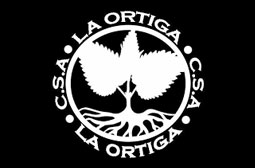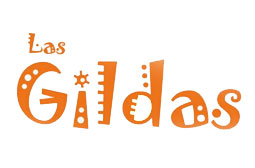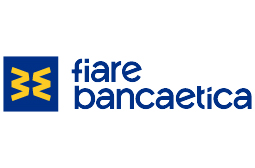This video has timestamped descriptions to allow viewers to jump to particular topics and sections. Links will open the video in YouTube.

La Ortiga is a, Self-Managed Social Center (Centro Social Autogestionado, CSO) located in the working class neighborhood Las Delicias in Valladolid. The group aims to be a tool for fomenting self-organization in the neighborhood, creating opportunities for connections between members of the neighborhood, and fostering debate in Valladolid. Those leading the group chose the name La Ortiga because it is a wild plant that strings if you don’t know how to harvest it and is used as a natural medicine, to make creams and infusions. The social center is self-managed and works in an assembly-styled manner. The organization supports solidarity, free culture, autonomy, anti-patriarchy, veganism, anti-speciesism, anti-authoritarianism, and anti-capitalism.





